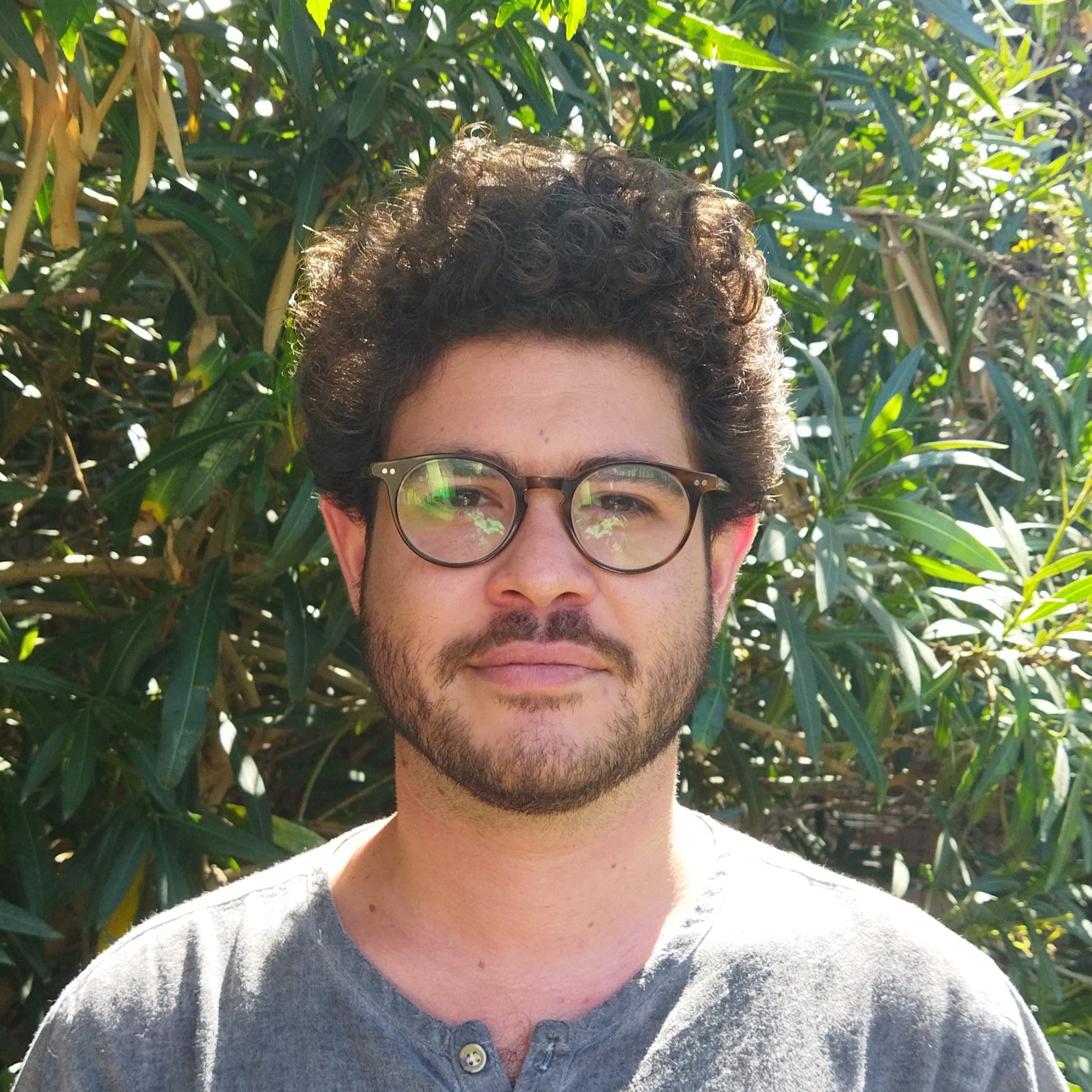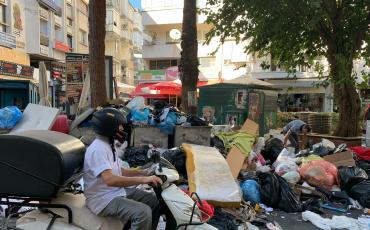The racialized discrimination and violence against Syrian refugees in Turkey originate from a multilayered political agenda. What began as an 'open arms' rhetoric by Erdoğan’s regime turned around and reaches alarming levels of xenophobia.
After President Recep Tayyip Erdoğan and his Justice and Development Party (AKP) came to power in 2002, Turkey was praised for its reconciliation policies. It also received positive feedback for its partial recognition of the past human rights violations against minority groups, mainly the Kurds. But things have rapidly changed in Turkey since the Syrian revolution and civil war started in 2011.
Over time, xenophobic and Turkish supremacist attacks on Syrian refugees in public spaces became a systematic problem in big cities such as multicultural Istanbul. The situation of Syrian refugees in Turkey worsened when the country started facing rising inflation rates, unemployment, and high levels of currency devaluation since 2021. In addition, some ultranationalist politicians have been channeling the anger towards the government for its economic mismanagement into an unparalleled wave of hostility toward the Syrian refugees. Consequently, small-scale altercations and verbal attacks have been replaced by violent attacks on Syrians in their living and working spaces.
Turkey's role as a transit country
In the early years of the conflict in Syria, the two neighboring countries, Turkey and Lebanon, hosted the largest number of Syrian refugees. As of April 2022, there are officially 3 million 762 thousand Syrians living in Turkey. Yet, the country’s role in the Syrian conflict has been quite different compared to other neighboring countries: First, Turkey’s location represents one of the key migration routes to Europe. Second, the Turkish government supported the Islamist factions within the Free Syrian Army/Syrian National Army (FSA/SNA) in their fight to overthrow the Assad regime.
During a speech in a refugee camp near the Turkish-Syrian border in 2014, Erdoğan announced Turkey’s position on Syrian refugees by referring to his audience as 'muhajirs' (Early Muslims) arriving in the lands of 'Ansar.' The Arabic term 'al-Ansar' refers to the local population of Medina in the Islamic tradition, which allowed Muhammed and his followers to migrate to the city after their persecution in Mecca.
The 'open arms' rhetoric and its key opponents
But referring to Turkey as the land of 'al-Ansar' arguably involved a broader meaning than representing a migration and border control policy. Turkey sought to play a decisive role in shaping the political order in Syria as the heir of the Ottoman Empire, which held the title of the Caliphate and ruled over Syria for over four hundred years. Turkey’s direct involvement in the conflict and its 'open arms' rhetoric toward the displaced Syrians meant that the country became the primary refuge for (mainly) the Sunni-Arab residents of opposition-held areas.
The dominant attitude towards Syrians among the Turkish ruling elite and their supporters during these early years of the conflict builds upon a straightforward but ambitious narrative. This narrative sees the Syrians as temporary residents providing cheap labor to the manufacturing and agricultural industries for a more competitive international market. However, once Assad is overthrown, they return to Syria and are forever grateful to Turkey and its people.
Strategic failures
The 2016 EU-Turkey deal followed Erdoğan’s open migration policy during the Syrian conflict’s early years. The infamous agreement severely restricted the mobility of refugees between Turkey and the EU countries. In other words, the EU outsourced its migration management to Turkey and indirectly made the country immune from the consequences of its human rights violations inside and outside its borders. The deal is considered largely responsible for the death of thousands in the Mediterranean and Aegean Seas. It left countless people waiting in limbo, affecting their overall health and mental state.
By 2018, Erdoğan’s plans to help the Turkey-backed FSA/SNA to overthrow the Assad regime had turned out to be a complete failure. With the increased involvement of Russia and Iran, Assad forces regained control in many parts of Syria previously controlled by the opposition forces. At the same time, the Kurdish-majority Syrian Democratic Forces (SDF) also made substantial gains from the so-called Islamic State with the help of the USA and other strategic allies. Combined with the breakdown of peace negotiations with the PKK (Kurdistan Workers’ Party) in the aftermath of the 2014 Kobanî protests, Turkey’s involvement in Syria turned into a violent spillover of its internal Kurdish conflict across its borders.
The alternative
Turkey’s alternative Syria plan crystallized some days before the 'Operation Peace Spring' in 2019. The US troops would leave some parts of Northern Syria under the control of the SDF. Simultaneously, Turkey would take the region from SDF to establish a 30 km-deep 'safe zone' and resettle over three million primarily Sunni-Arab Syrians living in Turkey.
Erdoğan knew that none of Turkey’s NATO allies would support its latest large-scale military operation in Syria. But he also knew that Western leaders would do anything to prevent another wave of refugees at their borders. Erdoğan then decided to use his trump card in 2019, some weeks before the operation, and threatened the EU with reopening the Greek-Turkish borders for Syrians: “Either you will provide support, or excuse us, but we are not going to carry this weight alone.” Despite taking large chunks from the SDF-controlled Northern Syria, Turkey’s latest operation could not establish a zone where Syrians in Turkey would consider as safe to move.
Walking the line
For Syrians living in Turkey, the changing political climate meant the beginning of a new and much darker era. Erdoğan’s emphasis on the financial cost to justify the relocation of Syrians fuelled the antipathy towards Syrian refugees within the society of Turkey. It revealed the thin line between saviorism and hatred. At this point in 2019, the presence of Syrian refugees in Turkey was no longer viewed through the rhetoric of 'responsibility to protect.'
Instead, they needed to be 'removed' from the back of the state and society of Turkey. Two significant changes in the official discourse played a key role in creating and consolidating a racialized image of 'the Syrian' within Turkish political culture: First, the rising number of Turkish soldiers killed in Syria, and second, the realization that Syrians are not returning to a destabilized conflict zone.
“The Syrian is a coward who escaped a war the Turks are fighting for him.” “The Syrian sees Turkish culture as inferior to his Arab culture and wants to Arabize our districts rather than going back and rebuilding his home.” “The Syrian does not see us as Muslim enough; therefore, he would not hesitate to kill and steal from us or to harass Turkish women.”
For a person living in Istanbul or any other major city like myself, it was possible to read and hear racist statements like this online or in Turkish households from almost all sides of the political spectrum in the discussions behind closed doors.
Dreams of a future after Erdoğan
The rising hostility towards Syrians in Turkey recently made Erdoğan’s government take several actions. Many Syrian-owned shops were forced to change the Arabic writings on their signboards to Turkish. Erdoğan announced public housing projects in Turkey-backed FSA/SNA (Free Syrian Army/Syrian National Army) controlled areas in Syria for those who wish to return. In addition, mass-scale arrests and deportations of those lacking residence permits were carefully executed in front of mainstream media cameras to prevent the decreasing public support for AKP and Erdoğan from going down even further.
With their rapidly declining votes currently estimated by opinion polls as under 35 percent, it is more likely than ever for AKP to lose the upcoming elections. Unfortunately, the alarming levels of xenophobia will likely have long-lasting effects, even in a post-Erdoğan Turkey. Nevertheless, the outvoting of the current regime has been the dream of many rights advocates and activists for a long time and would be the first step to moving Turkey toward a decentralized parliamentary democracy.





















